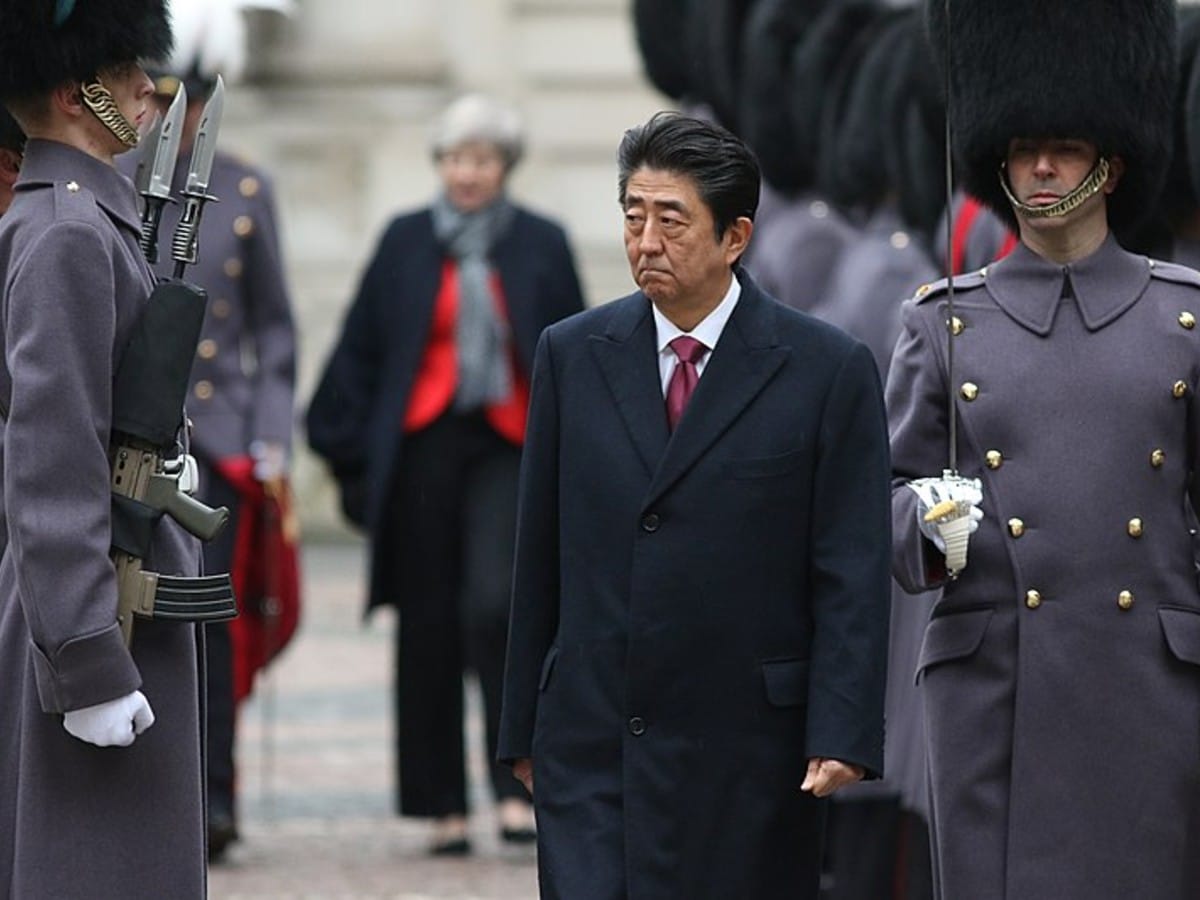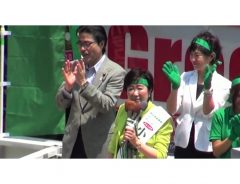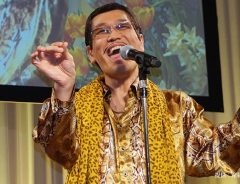
Source: Foreign and Commonwealth Office (CC by SA 2.0)
With the Departure of Shinzo Abe, Yoshihide Suga takes the reigns
- Tags:
- Japanese politics / Prime Minister / Shinzo Abe / Taro Aso / Yoshihide Suga
Related Article
-

Coronavirus and Olympics top of agenda as election for Tokyo governor kicks off
-

The times Japanese politicians put their foot in their mouths
-

Donald Trump Meets Pen-Pineapple-Apple-Pen Singer Piko Taro In Japan
-

Help (not) wanted: immigration politics in Japan
-

Prime Minister Suga quotes from Demon Slayer during budget committee meeting
-

An AI Candidate Is Running For Mayor In Tokyo, Promising Impartial Politics


In late August, Prime Minister Shinzo Abe announced he would be stepping down. Citing health concerns—he is diagnosed with ulcerative colitis—the news initially fueled speculation about the future leadership of the country. Under the pretenses of his “Abenomics” economic revitalization plan, the 65 year-old experienced broad support that withstood numerous scandals.
While Abe served as Prime Minister for a record-long seven years and eight months, the position has a notoriously high turnover. For example, from 1993 to the beginning of Abe's term in 2012, there were 13 prime ministers. Due to the House of Representatives' process for resolving gridlock, most Prime Ministers during that period typically served for only a year or so. So Abe's extended term is a noteworthy achievement that is unlikely to be repeated any time soon.
Nevertheless, despite intense speculation, former confidant Yoshihide Suga was recently formally elected to replace the ailing Prime Minister. Due to his former prominence in the Abe cabinet, his election likely implies a seamless transition of power. Furthermore, Suga was backed by LDP heavyweights such as Deputy Prime Minister Taro Aso and his faction of 54 lawmakers.
Taro Aso
Although some initially speculated that Aso himself was a potential replacement for Abe, the suggestion was moribund. A former prime minister and the grandson of another prime minister, on the other hand, Aso will become a part of Suga's cabinet. A political veteran, he has over 40 years of elected experience holding several other positions such as Minister of Foreign Affairs and Secretary-General of the Liberal Democratic Party. Aso also served the Finance Minister and Deputy Prime Minister under Abe.
Party members likely had several concerns in supporting his candidacy during the transition. As mentioned, Aso formerly served as prime minister from September 2008-August 2009. His tenure, however, ended embarrassingly when his LDP party was handily defeated by the opposition in the worst election result in the party’s history.
Aso is also famously gaffe-prone. In 2019, the Minister of Finance faced blowback after blaming Japan's stagnating economy on women, claiming that "those who aren't giving birth to children are the problem."
In 2017, on the other hand, Aso was forced to apologize over remarks seeming to support Adolf Hitler. He divulged in a meeting of LDP members that "Hitler, who killed millions of people, was no good even if his motive was right." After receiving harsh criticism, he retracted the remarks stating, "It is clear from my overall remarks that I regard Hitler in extremely negative terms, and it's clear that his motives were also wrong. It was inappropriate that I cited Hitler as an example, and I would like to retract that." Adding to these blunders, his family business's dark history and ties likely cast a shadow over his prospects.
Yoshihide Suga
As such, Yoshihide Suga now finds himself the benefactor of swelling support. The self-made politician was often referred to as the “shadow” prime minister and right-hand man of Abe. Following his election, the 71-year-old is charged with leading the country as it recovers from the fallout of the coronavirus pandemic. If early comments are any indicator, he plans to bolster the economy by further raising the consumption tax. His predecessor raised the rate twice to 10 percent over his tenure.
Despite this contentious stance, Suga was an understandable choice. Suga served alongside Abe since 2012, making him the longest-serving chief cabinet secretary.
Suga was initially elected to office in 1987 in Yokohama after running a robust and effective grassroots campaign. In 1996, he was elected to the Diet, where he soon shifted his support to the LDP. A steadfast ally to Abe for decades, he notably influenced the Prime Minister to focus on economic reform in place of revising Japan's pacifist constitution. Abe's namesake "Abenomics" economic policy set went on to be the significant achievement of his nearly eight-year tenure.
More pertinent, however, Suga will likely maintain stability in the party. Other candidates that had been suggested were eventually refused by Abe, citing his concern they may destabilize the ruling majority party. Suga represents a compromise between the ruling factions that comprise the LDP.
Nevertheless, Suga faces challenges holding a position renowned for its high turnover rate. He will also be forced to confront the increasing burden that Japan's aging population represents to the economy. Indeed, whether his reign will be as long-lived as Shinzo Abe is anything but certain.